Almost half of the world's population will vote in a national election this year. These are 9 elections to watch.
Over 40% of the world's population is expected to vote in more than 50 national elections this year.
Some look to be tight races and will have massive impacts on global affairs.
These are nine elections to watch.
More people will be voting in 2024 than ever before. Over 40% of the world's population —about 2.8 billion people — is expected to vote in more than 50 national elections this year.
Voters will face diverse political landscapes with varying degrees of electoral choice. Some countries going to the polls are established democracies, some are partly democratic, and some are authoritarian regimes with little real choice.
Some elections, such as those in the US, Mexico, and Taiwan, are poised to have massive impacts on global affairs.
Bangladesh has already gone to the polls, with the incumbent Prime Minister Sheikh Hasina securing a fourth term in an election whose credibility has been questioned.
These are some of the key races to watch.
United States

The November 5 presidential election in the US will likely be the most closely watched and globally influential.
It's likely to be a rematch of the 2020 presidential election, with President Joe Biden running for a second term and Donald Trump likely to become the Republican nominee.
Trump's Republican rivals, Nikki Haley and Ron DeSantis, are still in the running but increasingly look to be in a race for second place.
Several indictments and potential criminal convictions have marred Trump's campaign, but he still appears to have rock-solid support among Republicans.
The polls are extremely tight, with Biden and Trump neck and neck, and voters appear unenthusiastic about either choice.
The results of the election will have huge domestic and global ramifications.
If reelected, Trump has promised a crackdown on immigration and has hinted at another trade war. He has been critical of NATO and would likely reduce support for Ukraine.
Voters have also raised concerns about both candidate's ages — Biden is the oldest US president in history at 81, and Trump is not far behind at 77.
Taiwan

The self-ruled island of Taiwan, claimed by China, faces a critical election on January 13.
Fears of a possible invasion by China are always looming on the horizon, with Taiwan's powerful neighbor intensifying pressure by extending military activities around the island in recent years.
Incumbent Taiwanese President Tsai Ing-wen has reached her term limits, and the frontrunner is the incumbent Vice President Lai Ching-te from the ruling Democratic Progressive Party, or DPP.
The main choice is between pro-Western and pro-China candidates.
The DPP advocates for Taiwan's sovereignty and rejects China's territorial claims.
The main opposition is Hou You-yi from the Kuomintang Party, which promises better ties with Beijing.
China has warned Taiwan's voters that they could be choosing between peace and war.
Ko Wen-je from the Taiwan People's Party is also running.
The election outcome may have significant geopolitical consequences. The US acknowledges China's claim to Taiwan but maintains strong unofficial ties with the island.
The growing US-China rivalry has encouraged many American politicians to express support for Taipei, and President Joe Biden said last year that US forces would defend Taiwan in the event of a Chinese invasion.
Mexico
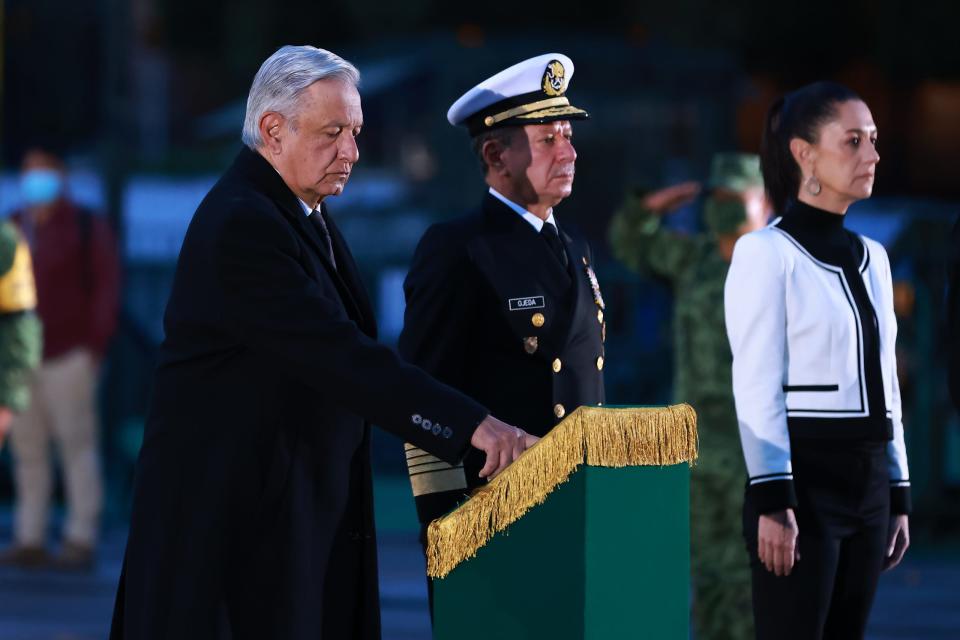
Mexico will likely have its first woman president this year.
President Andrés Manuel López Obrador, known by his initials AMLO, cannot run again due to term limits and is backing his Morena party's candidate, Claudia Sheinbaum.
AMLO is incredibly popular in Mexico — his approval rating of 66% is second only to Indian Prime Minister Narendra Modi among global leaders.
Sheinbaum is the former mayor of Mexico City and has a comfortable lead in polls. She will be running against Xóchitl Gálvez, a former senator leading a coalition of opposition parties.
This election is Mexico's largest — all 32 states will be holding elections simultaneously for the first time on June 2.
The election will shape US-Mexico relations, with pressures stemming from a high number of migrants arriving at the US southern border and the flow of drugs, particularly fentanyl.
India
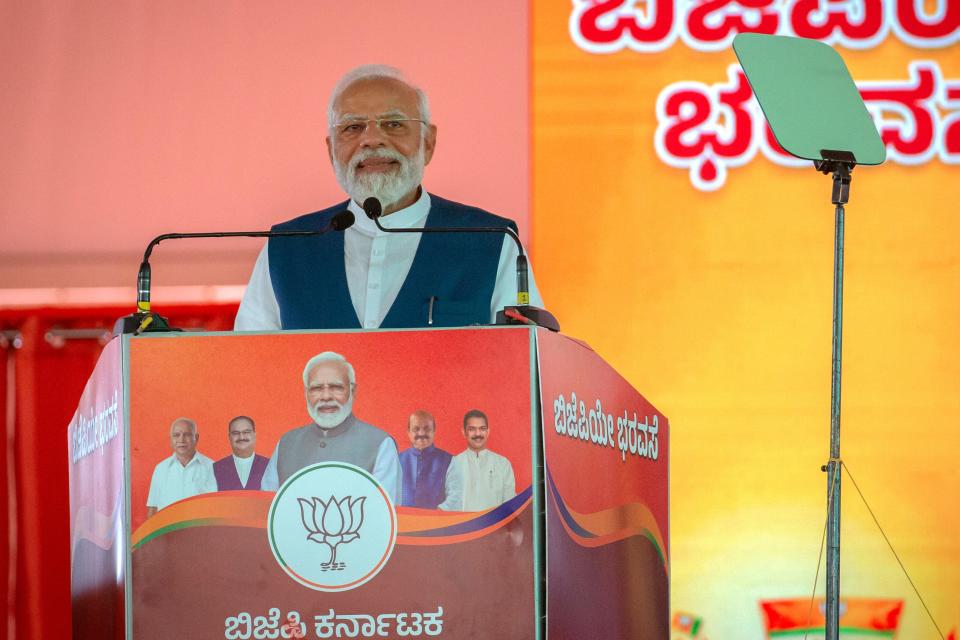
Modi, who has been in power since 2014, is seeking a third term and is likely to get it.
Modi is from the right-wing Hindu nationalist Bharatiya Janata Party, or BJP, and has been criticized for eroding democratic institutions and marginalizing minorities, particularly Muslims.
Despite these concerns, Modi has extremely high domestic approval — with an approval rating of 78%, he is the world's most popular democratically elected leader.
Around 900 million voters will head to the polls between April and May in what will likely be a multiweek affair.
Modi's main political opponent is Rahul Gandhi — from the dynastic family that heads the Indian National Congress party — who leads a coalition of 28 parties.
The Indian National Congress, once India's main political force, has performed poorly in recent elections against the BJP.
UK
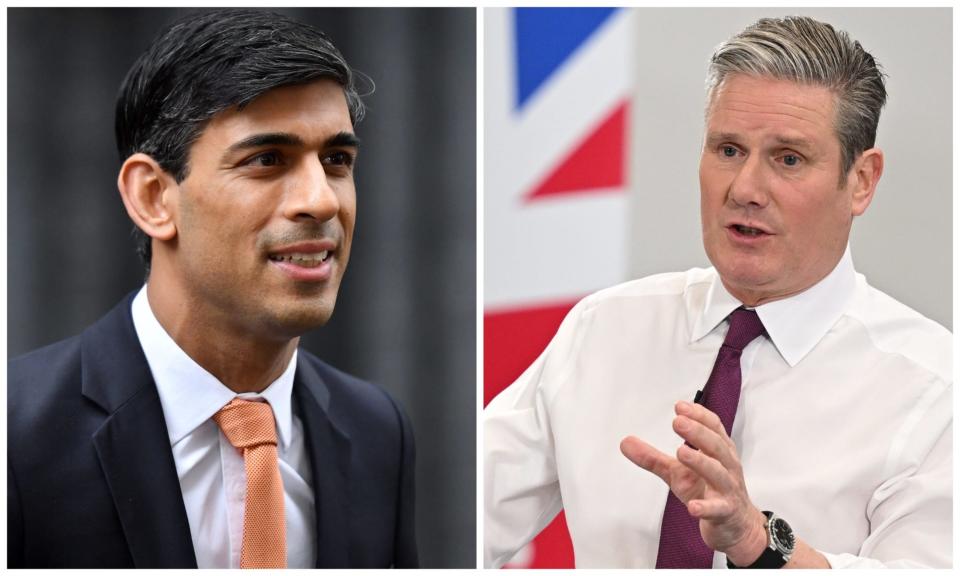
UK Prime Minister Rishi Sunak will face his first election this year since he became leader of the Conservative Party in 2022.
The Conservative Party has ruled the UK for 14 years but is trailing behind the main opposition Labour Party in the polls.
The Conservative Party has been through three prime ministers in 18 months amid a sluggish economy and a series of ethical scandals.
If Labour wins, its leader, Keir Starmer, will become prime minister. It is also possible that the election could result in a hung Parliament with no clear majority.
The election date is yet to be confirmed, but Sunak has said it will be held sometime this year.
Pakistan
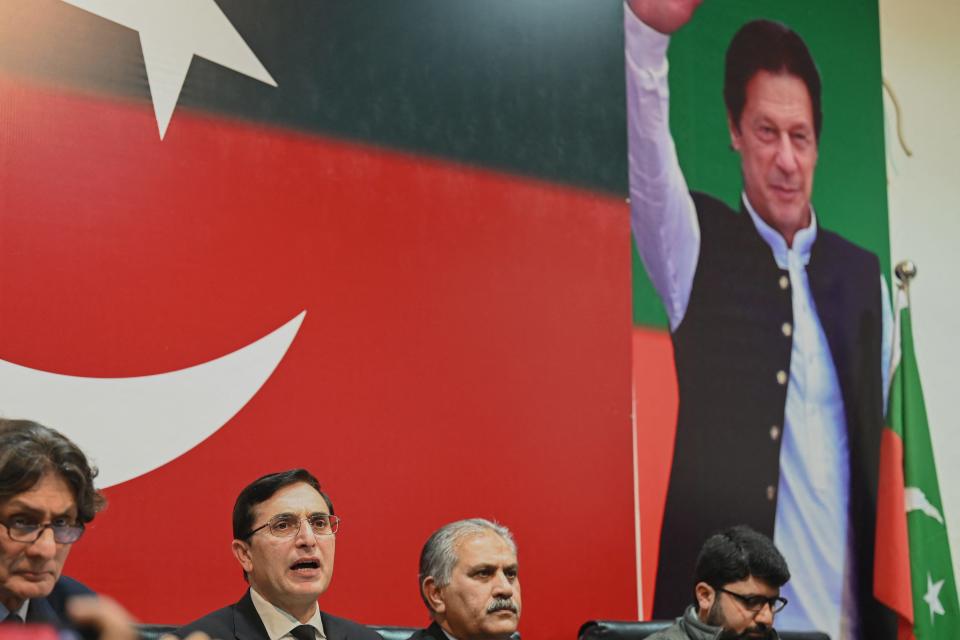
Pakistan's postponed elections are due to take place on February 8 amid a turbulent political landscape.
Former Prime Minister Imran Khan, the country's most popular political figure, was ousted in a no-confidence vote in 2022 and is currently jailed and barred from politics for five years.
Following an intense crackdown on Khan's party, Pakistan Tehreek-e-Insaf, analysts have raised concerns about the election's credibility and the role of the country's all-powerful military.
The election will be mainly between the Pakistan Muslim League, or PML-N, and the Pakistan People's Party, with PML-N appearing poised to win.
The former Prime Minister Shehbaz Sharif from the PML-N is not running again, with his brother, the former Prime Minister Nawaz Sharif, being their party's top candidate.
Indonesia
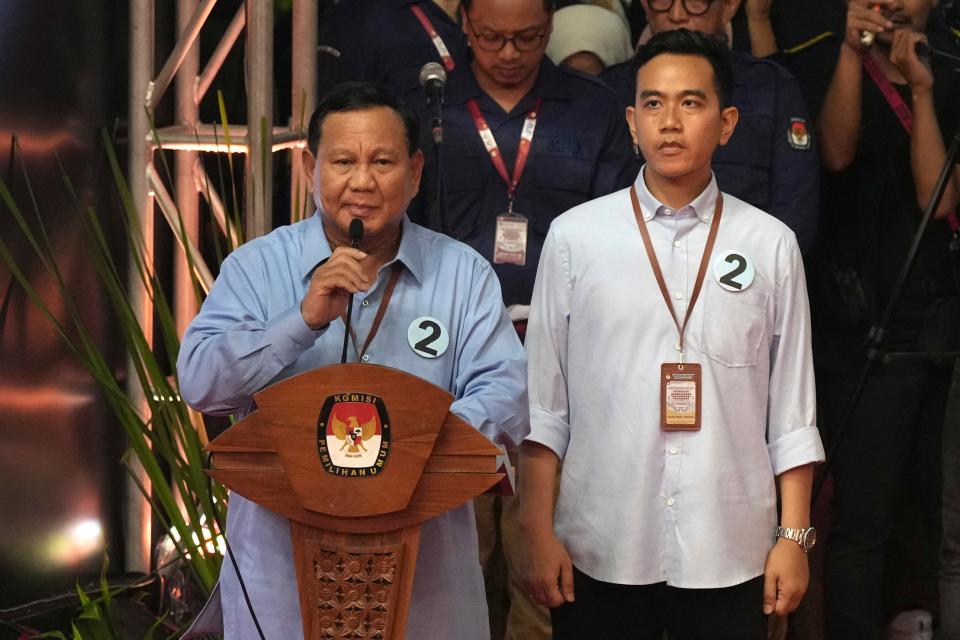
Indonesia, the fourth most populous country with 273 million people, will have the world's largest single-day election on February 14.
President Joko Widodo, commonly known as Jokowi, has reached his term limit and three candidates are competing to succeed him.
Minister of Defense Prabowo Subianto, who is running for the nationalist right-wing Gerindra Party, is the frontrunner. He has chosen Jokowi's son as his running mate.
The ruling party, the Democratic Party of Struggle, has selected Ganjar Pranowo as its candidate. The former governor of Jakarta, Anies Baswedan, is running as an independent candidate.
South Africa

The African National Congress, or ANC, has been in power since apartheid ended in 1994 and will likely face its tightest election yet.
Led by President Cyril Ramaphosa, who is seeking a second term, the ANC's support has dipped amid the country's economic struggles and corruption scandals linked to government officials.
The ANC's primary rival is the Democratic Alliance, led by legislator John Steenhuisen, who has formed alliances with smaller parties to try and beat the ANC in a long shot attempt.
The elections are expected to be held between May and August.
European Union Parliament
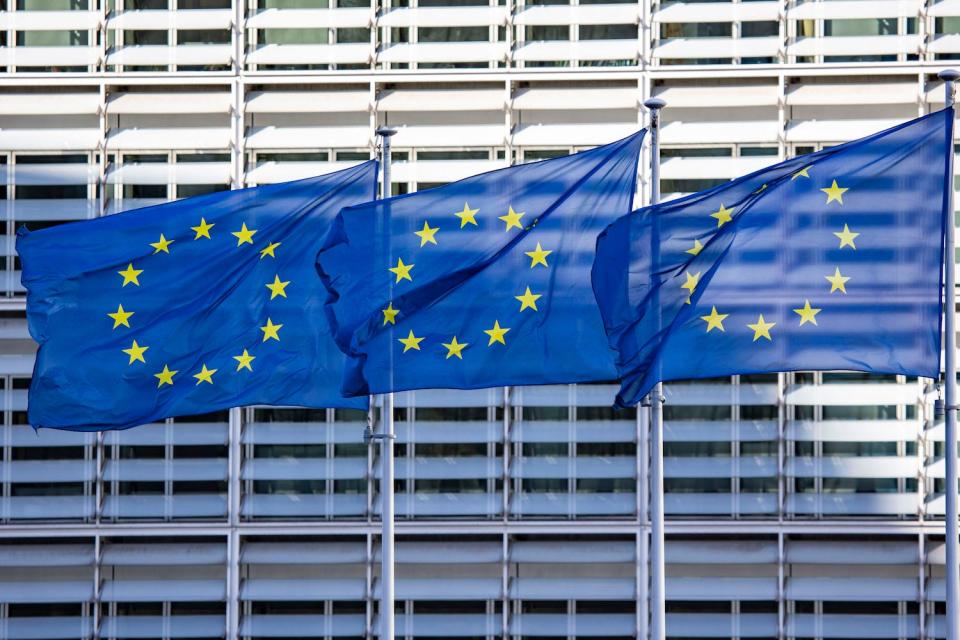
The European Parliament will hold elections from June 6 to June 9 across all 27 EU member countries.
The election involves selecting 720 members who shape laws governing various aspects of life in the EU and electing the President of the European Commission.
The European Parliament is the only EU institution that gives citizens a direct say in decision-making but has limited power compared to national parliaments.
European voters will vote for candidates from national parties who join larger pan-national coalitions by political leaning.
The election will be the first EU-wide vote since the UK left the EU amid rising concerns about the far right and EU expenditures.
Read the original article on Business Insider


